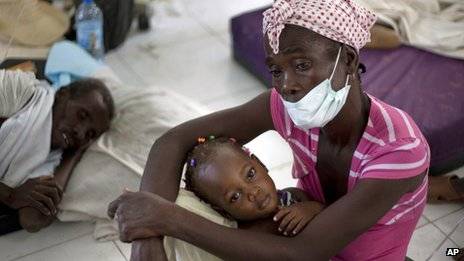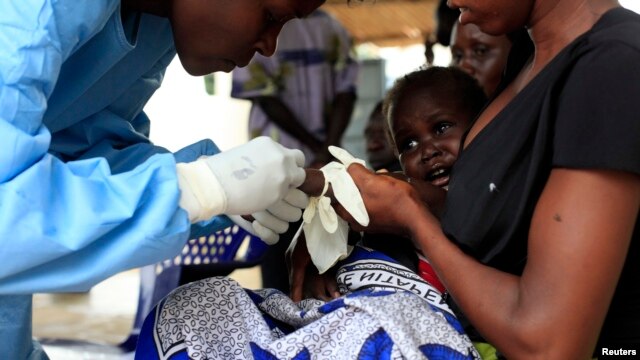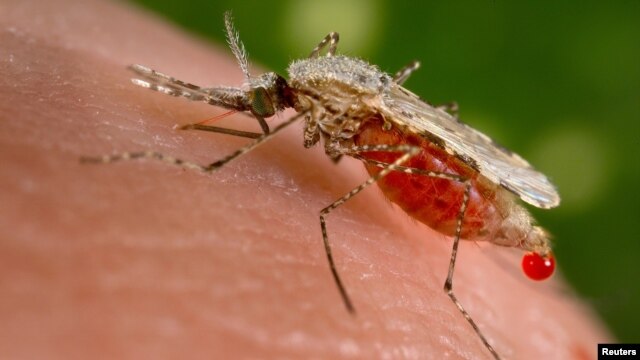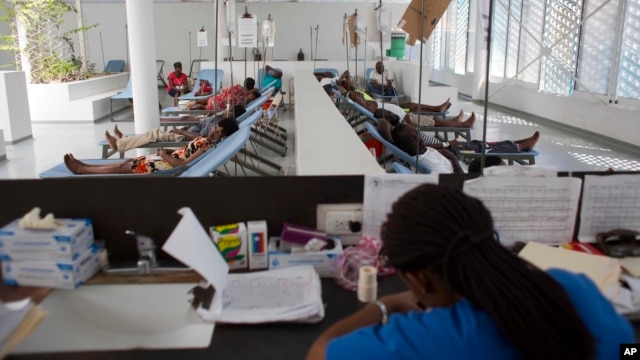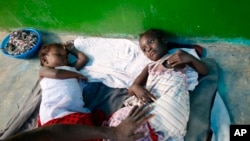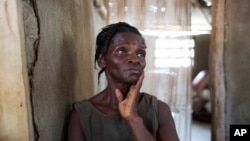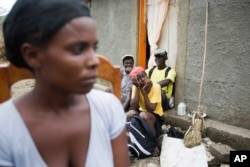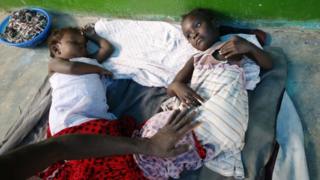- Banned
- #1
THE CHOLERA EPIDEMIC THAT STRUCK HAITI 2 YEARS AGO
==================================================================
THE GUARDIAN
November 13, 2012
(Common Dreams-November 14, 2012)
"***
***the cholera epidemic that struck Haiti two years ago.
Most people I talk to don't even know that United Nations troops brought this deadly disease to Haiti in October of 2010. There hadn't been any cholera in Haiti for at least 100 years, if ever, until some UN troops from South Asia dumped human waste into a tributary of the country's main water supply. Since then, more than 7,600 Haitians have died and over 600,000 have gotten sick.
If Haiti were any other country in this hemisphere, a human-created disaster of this proportion would be a big international scandal and everyone would know about it. Not to mention the institution responsible for inflicting this damage in this case, the UN would be held accountable. At the very least, they would have to get rid of the epidemic.
In this case, getting rid of the epidemic could be easily accomplished. Cholera is transmitted mainly through drinking water that is contaminated by the deadly bacteria. To get rid of it, you need to create an infrastructure where people have clean drinking water and adequate sanitation. The Pan American Health Organization estimates that this would cost about $1bn for Haiti. In fact, that is close to what the UN has been spending in just one year to keep its 10,000 troops in the country.
Furthermore, these troops have no legitimate mission in Haiti. They are not "peacekeeping" troops, as they are often inaccurately described. There is no peace agreement for them to enforce, nor is there a post-conflict situation that would justify their presence.
In fact, the UN troops were brought into Haiti in 2004, after Haiti's democratically-elected government was overthrown by a coup that the United States and its allies helped organize. Their stay in Haiti has been marred by a series of scandals and abuses, including the killing of civilians, and a number of prominent cases of rape and sexual abuse of Haitians. According to polling data, most Haitians do not want them there.
***"
========================================================
The deaths of those within the piles of dead found in the German concentration camps as the war wound down,
were caused by cholera, a common and ever recurring camp disease, and our starvation and blocking of medical supplies to the camps by bombing was a monumental multiplier of the deaths.
But most Americans, fooled by America's own propaganda lies, believe Germany murdered 6 millions Jews between 1939 and 1945 and point to those piles bodies
and to fact the camps had crematoriums
as evidence that Germany did so
Mark Twain, well aware of America's psychasthenia,
said something like
it is easier to fool the people
than explain to them that they have been fooled
and so I will not attempt to do so here,
or to do anything but affirm, as best I can,
the charges made in the above article.
Whatever you may believe, our foreign-related, unAmerican rulers are a disease that causes suffering and death wherever "the new century America" goes and whatever it touches
We cannot cure such disease by dissolving the Union.
But we can cure it by creating a politically militant party based on clearly stated democratic principles ; a party that will not demand we receive back but that will take back our government.
SHOCKLEY
==================================================================
THE GUARDIAN
November 13, 2012
(Common Dreams-November 14, 2012)
"***
***the cholera epidemic that struck Haiti two years ago.
Most people I talk to don't even know that United Nations troops brought this deadly disease to Haiti in October of 2010. There hadn't been any cholera in Haiti for at least 100 years, if ever, until some UN troops from South Asia dumped human waste into a tributary of the country's main water supply. Since then, more than 7,600 Haitians have died and over 600,000 have gotten sick.
If Haiti were any other country in this hemisphere, a human-created disaster of this proportion would be a big international scandal and everyone would know about it. Not to mention the institution responsible for inflicting this damage in this case, the UN would be held accountable. At the very least, they would have to get rid of the epidemic.
In this case, getting rid of the epidemic could be easily accomplished. Cholera is transmitted mainly through drinking water that is contaminated by the deadly bacteria. To get rid of it, you need to create an infrastructure where people have clean drinking water and adequate sanitation. The Pan American Health Organization estimates that this would cost about $1bn for Haiti. In fact, that is close to what the UN has been spending in just one year to keep its 10,000 troops in the country.
Furthermore, these troops have no legitimate mission in Haiti. They are not "peacekeeping" troops, as they are often inaccurately described. There is no peace agreement for them to enforce, nor is there a post-conflict situation that would justify their presence.
In fact, the UN troops were brought into Haiti in 2004, after Haiti's democratically-elected government was overthrown by a coup that the United States and its allies helped organize. Their stay in Haiti has been marred by a series of scandals and abuses, including the killing of civilians, and a number of prominent cases of rape and sexual abuse of Haitians. According to polling data, most Haitians do not want them there.
***"
========================================================
The deaths of those within the piles of dead found in the German concentration camps as the war wound down,
were caused by cholera, a common and ever recurring camp disease, and our starvation and blocking of medical supplies to the camps by bombing was a monumental multiplier of the deaths.
But most Americans, fooled by America's own propaganda lies, believe Germany murdered 6 millions Jews between 1939 and 1945 and point to those piles bodies
and to fact the camps had crematoriums
as evidence that Germany did so
Mark Twain, well aware of America's psychasthenia,
said something like
it is easier to fool the people
than explain to them that they have been fooled
and so I will not attempt to do so here,
or to do anything but affirm, as best I can,
the charges made in the above article.
Whatever you may believe, our foreign-related, unAmerican rulers are a disease that causes suffering and death wherever "the new century America" goes and whatever it touches
We cannot cure such disease by dissolving the Union.
But we can cure it by creating a politically militant party based on clearly stated democratic principles ; a party that will not demand we receive back but that will take back our government.
SHOCKLEY


